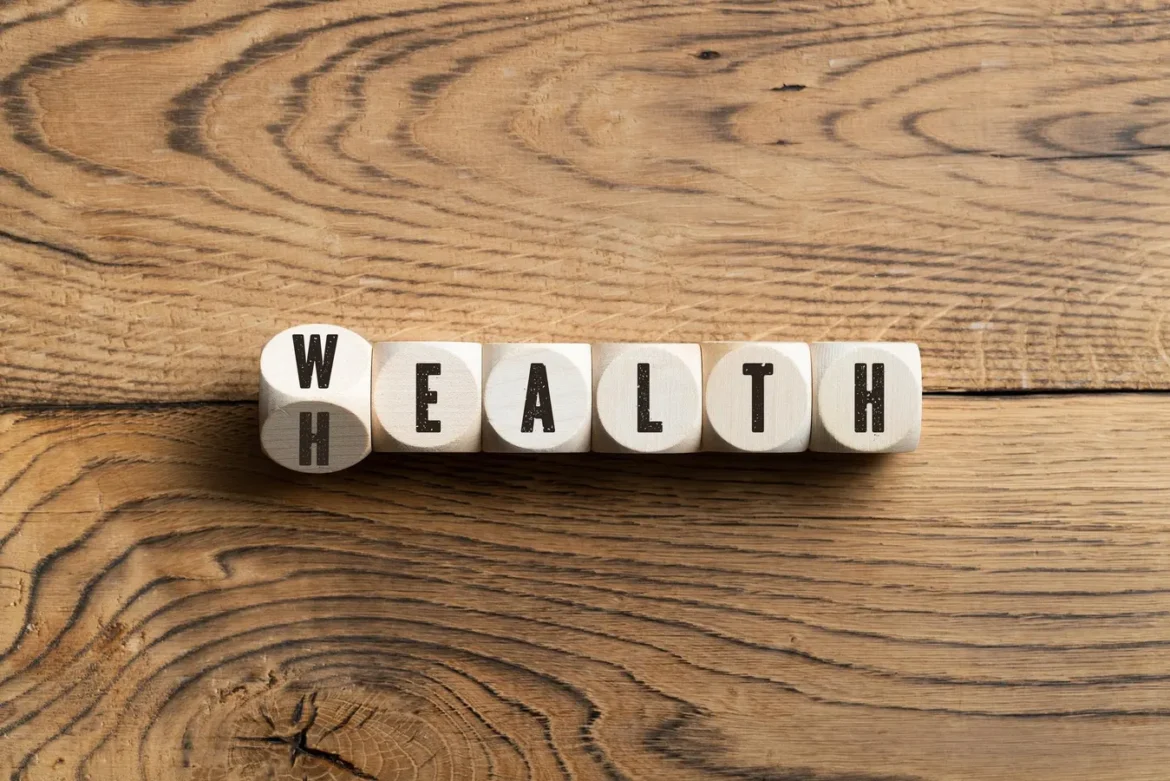Introduction
Physical health and mental health are deeply interconnected. Poor physical health can contribute to mental health issues, while mental illnesses can negatively impact physical well-being. Understanding this relationship is essential for achieving holistic health and improving overall quality of life.
How Physical Health Affects Mental Health
1. Chronic Illness
-
Conditions like diabetes, heart disease, or chronic pain can increase the risk of depression and anxiety.
-
Managing a long-term illness can cause stress and feelings of helplessness.
2. Sleep and Mental Health
-
Poor sleep quality contributes to mood disorders, irritability, and cognitive difficulties.
-
Conditions such as insomnia or sleep apnea can worsen anxiety and depression.
3. Nutrition and Brain Function
-
Balanced diets rich in vitamins, minerals, and omega-3 fatty acids support brain health.
-
Malnutrition or poor eating habits can exacerbate mood disorders and fatigue.
4. Physical Activity
-
Regular exercise reduces stress, boosts endorphins, and improves cognitive function.
-
Sedentary lifestyles are linked to higher rates of depression and anxiety.
How Mental Health Affects Physical Health
1. Stress Response
-
Chronic stress increases cortisol levels, which can lead to hypertension, weakened immunity, and inflammation.
2. Lifestyle Choices
-
Mental health conditions may contribute to poor diet, smoking, substance use, or sedentary behavior.
3. Immune System and Recovery
-
Depression and anxiety can weaken the immune system, slowing recovery from illnesses.
4. Heart and Brain Health
-
Anxiety and depression are risk factors for cardiovascular diseases and cognitive decline.
Integrative Approaches to Health
1. Holistic Care
-
Combining mental health therapy with physical health monitoring improves overall outcomes.
-
Collaboration between psychiatrists, psychologists, and primary care physicians is key.
2. Mind-Body Techniques
-
Yoga, meditation, and tai chi reduce stress and improve both mental and physical well-being.
-
Biofeedback and relaxation techniques help manage chronic conditions.
3. Lifestyle Modifications
-
Balanced diet, regular exercise, and sufficient sleep
-
Limiting alcohol, tobacco, and recreational drugs
-
Social engagement and stress management
4. Preventive Health Measures
-
Regular physical check-ups
-
Early screening for both mental and physical health conditions
-
Vaccinations and preventive care to reduce health complications
Conclusion
Physical and mental health are closely intertwined. Maintaining a healthy lifestyle, addressing stress, and seeking professional care for both mental and physical conditions are essential steps toward overall wellness. Treating the body and mind together leads to improved functioning, resilience, and quality of life.
FAQs
Q1: Can exercise improve mental health?
Yes, regular physical activity reduces symptoms of depression and anxiety and improves overall mood.
Q2: Does poor mental health cause physical illnesses?
It can contribute to conditions such as heart disease, weakened immunity, and chronic pain.
Q3: How do I maintain both mental and physical health?
Balanced diet, regular exercise, quality sleep, stress management, and professional care are essential.
Q4: Are mind-body techniques effective?
Yes, techniques like meditation and yoga help reduce stress and improve both mental and physical health.
Q5: Should mental health screenings be part of regular check-ups?
Absolutely. Early detection helps prevent complications and supports holistic care.
